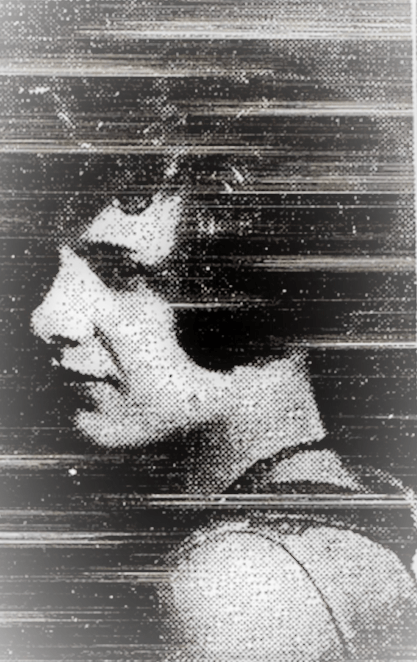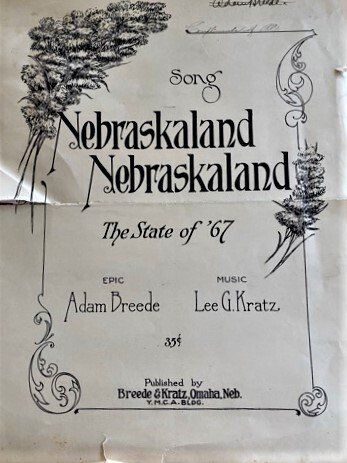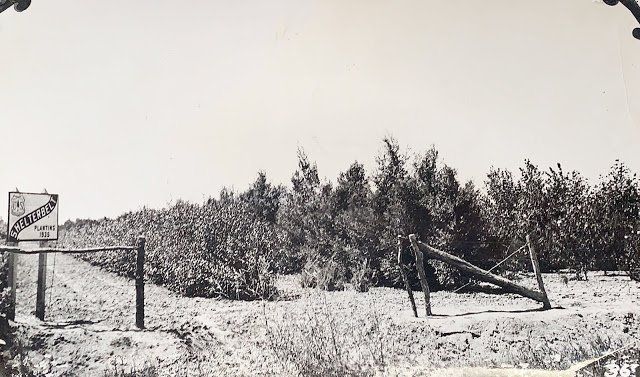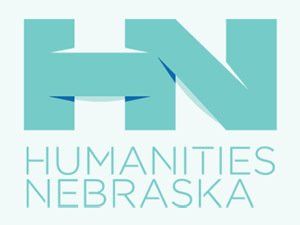Josephine Roche: A long Story Made Too Short
This article was originally written by Dr. Geo. Strassler.
In 1965 when Congress created Medicare and Medicaid, Oregon senator Wayne Morse claimed: "Medical care for the aged" was made possible "in no small part by the historic struggle of one of the country's most illustrious citizens, Josephine Roche."
Born in Neligh on December 2, 1886, Josephine Roche led an amazing life that set her at the center of progressive political movements. Her father, John J. Roche, was founder of the First National Bank of Neligh, one of the first trustees of the newly incorporated town of Neligh, a member of the Nebraska State Legislature, and the man for whom the Roche subdivision in Neligh is named. Roche was an ambitious and hard-nosed Republican, anti-union and antilabor: a man who believed in the unlimited prerogatives of property. His daughter grew to hold quite opposite political views.
The family moved to Omaha in 1894. J.J. became associated with Philip Armour as secretary of the Omaha Cattle Loan Company, a story all its own. Josephine got the best education available, attending high school at Brownell Hall, the prestigious Episcopal girl's school. Her course of study included Greek, Latin, English, French, Algebra and both American and English History.
Josephine then attended Vassar, a school characterized by much activity - an atmosphere in which Josephine thrived. Her chief interest was debate, which served her well.
From Vassar she moved to New York City and enrolled at Columbia as a Masters candidate. There she became interested in the divide between rich and poor women, concentrating on suffrage and on social circumstances leading young women into prostitution. Josephine alternated between New York and Denver and became involved in Denver politics, a rough and tumble business. In 1912 she was appointed Denver's first policewoman and quickly moved to close down the brothels. This got both Roche and the police commissioner fired.
Meanwhile her father acquired a 40% interest in the Rocky Mountain Fuel Company, the second largest coal producer in Colorado. The coal business in Colorado was marked by lethal violence as the miners and mine owners went to war, largely over efforts to keep the unions out.
The southern Colorado mine operators, Colorado Fuel and Iron (40% owned by the Rockefellers) and J.J.'s Rocky Mountain Fuel, ignored all regulations and exploited the miners. In 1913 the United Mine Workers attempted to organize the workers and the owners countered by hiring thugs to drive the organizers out. Roche dove headlong into the turmoil, visiting the miners' camps and doing everything she could to support the striking miners. Open warfare broke out. The battle became known as the Ludlow Massacre, one of the blackest chapters in Colorado history. Finally President Wilson sent federal troops and ended the bloodshed by mid-May, 1914.
With the help of several of her old Denver progressive pals, Josephine next served on a number of high level federal boards. She married Edward Hale Bierstadt in 1920, and divorced him in 1922. (We know not why.) By now she had moved to D.C. and was head of the editorial division of the U.S. Children's Bureau. In 1925 Josephine returned to Denver to care for her ailing parents.
John J. Roche died intestate in 1927. His entire estate went to his wife Ella including his shares in RMF and the land in Antelope County. Ella died in June of 1927 having deeded the Nebraska land to Josephine who let it go for taxes.
Josephine chose to stay with RMF, buying enough shares to have a controlling interest. She fired the board of directors, appointed men to managerial positions who shared her ideas, and became a woman industrialist.
She refused to negotiate a contract with the IWW, did contract with the UMW, weathered financial problems, loss of business to gas, and used her personal credit to meet bond obligations. The Rockefellers (Colorado Fuel and Iron) tried to put her out of business. The miners loaned RMF 3 months wage money and kept the company afloat.
She ran for governor of Colorado in 1934 but lost in the primary by 12,000 votes. The campaign, however brought her to the attention of influential Democrats in the Roosevelt administration. She was appointed to the sub-cabinet post of Assistant Secretary of the Treasury under Henry Morganthau, a position which made her the second-most powerful woman in the New Deal administration, second only to Francis Perkins, Secretary of Labor.
The job included supervision of the Public Health Service. Morganthau also appointed her to a legislative committee which was responsible for drafting what became the Social Security act of 1935.
She drew up a comprehensive national health plan, which gained considerable support until WW II intervened and Roosevelt's attention was diverted. The plan sat dormant until revived as Medicare.
Post WWII Josephine went to work for John L. Lewis at the UMW. She established union operated health plan complete with hospitals and clinics to serve miners and their families. She was involved in union infighting and legal conflict to the end. She once said that she'd be bored to death without a good fight. She died in July of 1976.






